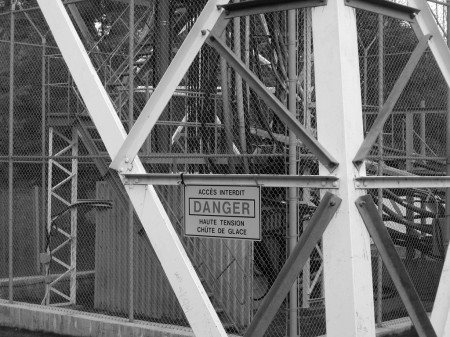As discussed before, the ‘resource curse’ hypothesis holds that the presence of valuable resources can sometimes reduce the security of states, since it offers up a prize to anyone capable of seizing them. A bit of recent research has added nuance to the picture. By looking at the long-running civil war in Columbia, the authors were able to look at periods when coffee (a labour intense crop) and oil (a capital intense crop) rose and fell in value:
Using newspaper reports of violent skirmishes in 950 Colombian municipalities between 1988 and 2005, Dube and Vargas find that when coffee prices went up, violence went down in locations where a large fraction of land area was under coffee cultivation. When coffee prices fell, however, as they did by almost 70 percent in the late 1990s, violence in coffee areas rose dramatically. The researchers estimate that an additional 500 deaths may have resulted from the increased conflict that came from lower coffee prices. The opposite was true for oil: It was higher prices that intensified conflict in areas with productive oil wells or pipelines. (Since both coffee and oil prices are traded in global markets, it is unlikely that price increases were caused by panicking commodities traders spooked by increased civil-war violence in Colombia.)
One suggestion that arises is not unfamiliar: establish strong governance regimes in states with capital intensive resources. It is far better to be like Norway, using resource income transparently and putting aside a share of the oil revenues for the benefit of future generations, than like Nigeria, long mired in conflict as different groups compete for resource wealth.
On the labour intensive side, the proposal is a bit more novel: provide international aid to stabilize commodity prices in conflict-prone states. There are those who argue that a 50% drop in coffee prices helped cause the Rwandan genocide. Surely, the economic cost of temporarily bolstering commodity prices in delicate states is less than the probable cost of re-establishing security and resuming development after an internal conflict. The difference between the economic cost and the moral cost of inaction is probably greater still.








